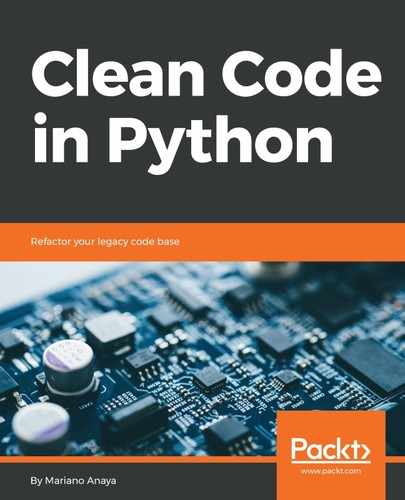The first rule in Python is that all arguments are passed by a value. Always. This means that when passing values to functions, they are assigned to the variables on the signature definition of the function to be later used on it. You will notice that a function changing arguments might depend on the type arguments—if we are passing mutable objects, and the body of the function modifies this, then, of course, we have side-effect that they will have been changed by the time the function returns.
In the following we can see the difference:
>>> def function(argument):
... argument += " in function"
... print(argument)
...
>>> immutable = "hello"
>>> function(immutable)
hello in function
>>> mutable = list("hello")
>>> immutable
'hello'
>>> function(mutable)
['h', 'e', 'l', 'l', 'o', ' ', 'i', 'n', ' ', 'f', 'u', 'n', 'c', 't', 'i', 'o', 'n']
>>> mutable
['h', 'e', 'l', 'l', 'o', ' ', 'i', 'n', ' ', 'f', 'u', 'n', 'c', 't', 'i', 'o', 'n']
>>>
This might look like an inconsistency, but it's not. When we pass the first argument, a string, this is assigned to the argument on the function. Since string objects are immutable, a statement like "argument += <expression>" will in fact create the new object, "argument + <expression>", and assign that back to the argument. At that point, an argument is just a local variable inside the scope of the function and has nothing to do with the original one in the caller.
On the other hand, when we pass list, which is a mutable object, then that statement has a different meaning (it's actually equivalent to calling .extend() on that list). This operator acts by modifying the list in-place over a variable that holds a reference to the original list object, hence modifying it.
We have to be careful when dealing with these types of parameter because it can lead to unexpected side-effects. Unless you are absolutely sure that it is correct to manipulate mutable arguments in this way, we would recommend avoiding it and going for alternatives without these problems.
Arguments in Python can be passed by position, as in many other programming languages, but also by keyword. This means that we can explicitly tell the function which values we want for which of its parameters. The only caveat is that after a parameter is passed by keyword, the rest that follow must also be passed this way, otherwise, SyntaxError will be raised.
